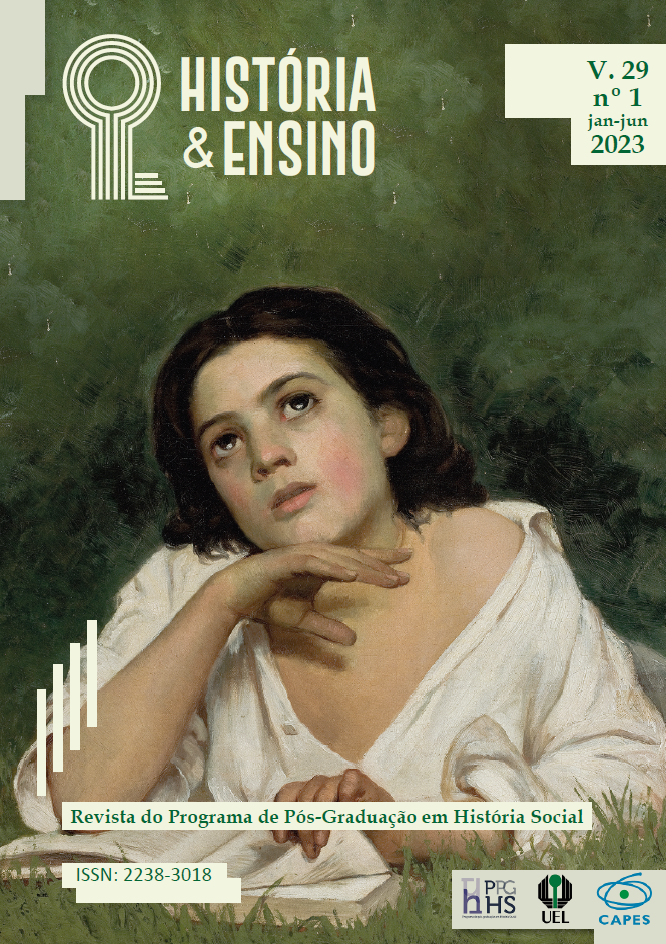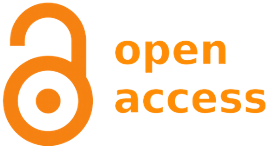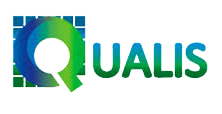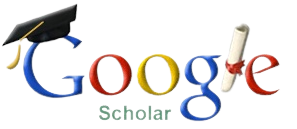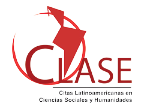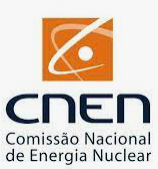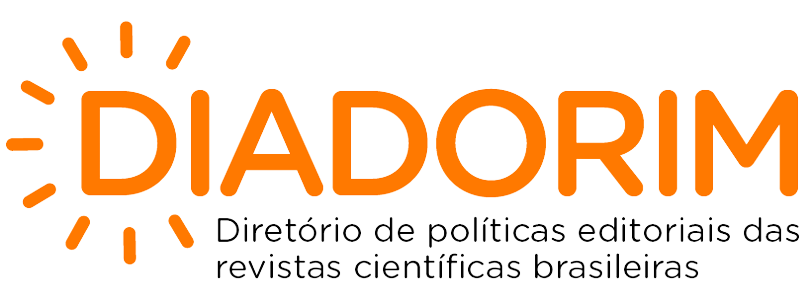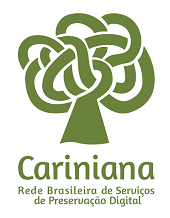Literary reading and the humanities. A case study of this “Reading Plot”
DOI:
https://doi.org/10.5433/2238-3018.2023v29n1p078-099Keywords:
literature, history teaching, human sciencesAbstract
This article deals with the literary reading training of young people focusing on its impact on the development of these students in the History discipline. Through an intertwining between bibliography of literary reading training and a case study from interviews carried out with a group of students from the private school system in São Paulo, we seek to scrutinize possible correlations with the learning of Human Sciences subjects, primarily History. To this end, we divided the text into three sections: in the first, we resumed some key postulates of the debate on literary training for young
people. In the second, we analyzed the data collected from the interviews. Finally, we seek to establish correlations and approximations between the literary training of these young people and the learning of Human Sciences in a school environment.
Downloads
References
ALBERTI, Verena. Manual de história oral. Rio de Janeiro: Editora FGV, 2013.
ANDRUETTO, María Teresa. A leitura, outra revolução. São Paulo: Edições SESC, 2017.
ANJOS, Gabriele; PASSIANI, Enio; SALOM, Julio Souto. Para um país de leitores: uma análise do Plano Nacional do Livro e da Leitura (PNLL). Indicadores Econômicos FEE, Porto Alegre, v. 43, n. 3, p. 97-110, 2016.
BAJOUR, Cecília. Ouvir nas entrelinhas: o valor da escuta nas práticas de leitura. São Paulo: Editora Pulo do Gato, 2012.
BÉRTOLO, Constantino. O banquete dos notáveis: sobre leitura e crítica. São Paulo: Livros da Matriz Editora, 2014.
BURKE, Peter. A escola dos Annales 1929-89: a revolução francesa da historiografia. São Paulo: Editora Unesp, 1990.
CHARTIER, Anne-Marie. Enseñar a lee y escribir: una aproximación histórica. México: FCE, 2004.
COLOMER, Teresa. Andar entre livros: a leitura literária em sala de aula. São Paulo: Global, 2007.
CULLER, Jonathan. O que é literatura e ela tem importância?. In: França, Julio. Teoria literária: uma introdução. São Paulo: Beca Produções Culturais, 1999.
FERREIRO, Emilia; TEBEROSKY, Ana. Psicogênese da língua escrita. Porto Alegre: Artmed, 1999.
LA TAILLE, Yves de; OLIVEIRA, Marta Kohl de; DANTAS, Heloysa de Lima. Piaget Vygotsky wallon: teorias psicogenéticas em discussão. São Paulo: Summus editorial, 2019.
LE GOFF, Jacques. A civilização do Ocidente medieval. São Paulo: EDUSC, 2005.
LERNER, Delia. Ler e escrever na escola: o real, o possível e o necessário. Porto Alegre: Artmed, 2002.
LOZANO, Jorge Eduardo. Prática e estilos de pesquisa na história oral contemporânea. In: FERREIRA, Marieta de Moraes; AMADO, Janaína. Usos e abusos da história oral. Rio de Janeiro: Editora FGV, 2006. p. 16-17.
MOÇO, Anderson. Beatriz Aisenberg fala sobre leitura em história e geografia. Nova Escola, São Paulo, 1 set. 2010.
MOTA, Camilla Veras. Calculadora de renda: 90% dos brasileiros ganham menos de R$3.500; confira sua posição na lista. Uol Economia, São Paulo, 13 dez. 2021. Disponível em: https://economia.uol.com.br/noticias/bbc/2021/12/13/calculadora-de-renda 90-brasileiros-ganham-menos-de-r-35-mil-confira-sua-posicao-lista.htm. Acesso em: 14 dez. 2021.
NIERO NETO, Nelson. Ensino fundamental 2: uma etapa quase esquecida. In: CATEDRAL DE ESTUDOS BÁSICOS, 3., 2019, São Paulo. Anais [...]. São Paulo: Instituto de Estudos Avançados da USP, 2019. Disponível em: http://www.iea.usp.br/pesquisa/catedrase-convenios/catedra-de-educacao-basica/ciclo-acao-e-formacao-do-professor/experiencias-inovadoras-na-formacao-do-professor-da-educacao-basica-18-de-maio/ensino-fundamental-2-uma-etapa-quase-esquecida. Acesso em: 23 jan. 2022.
YIN, Robert. Case study research: design and methods. California: Sage Publications, 1989.
Downloads
Published
How to Cite
Issue
Section
License
Copyright (c) 2024 História & Ensino

This work is licensed under a Creative Commons Attribution 4.0 International License.
História & Ensino adota a licença CC-BY esta licença permite que os reutilizadores distribuam, remixem, adaptem e criem a partir do material em qualquer meio ou formato, desde que a atribuição seja dada ao criador. A licença permite o uso comercial.
